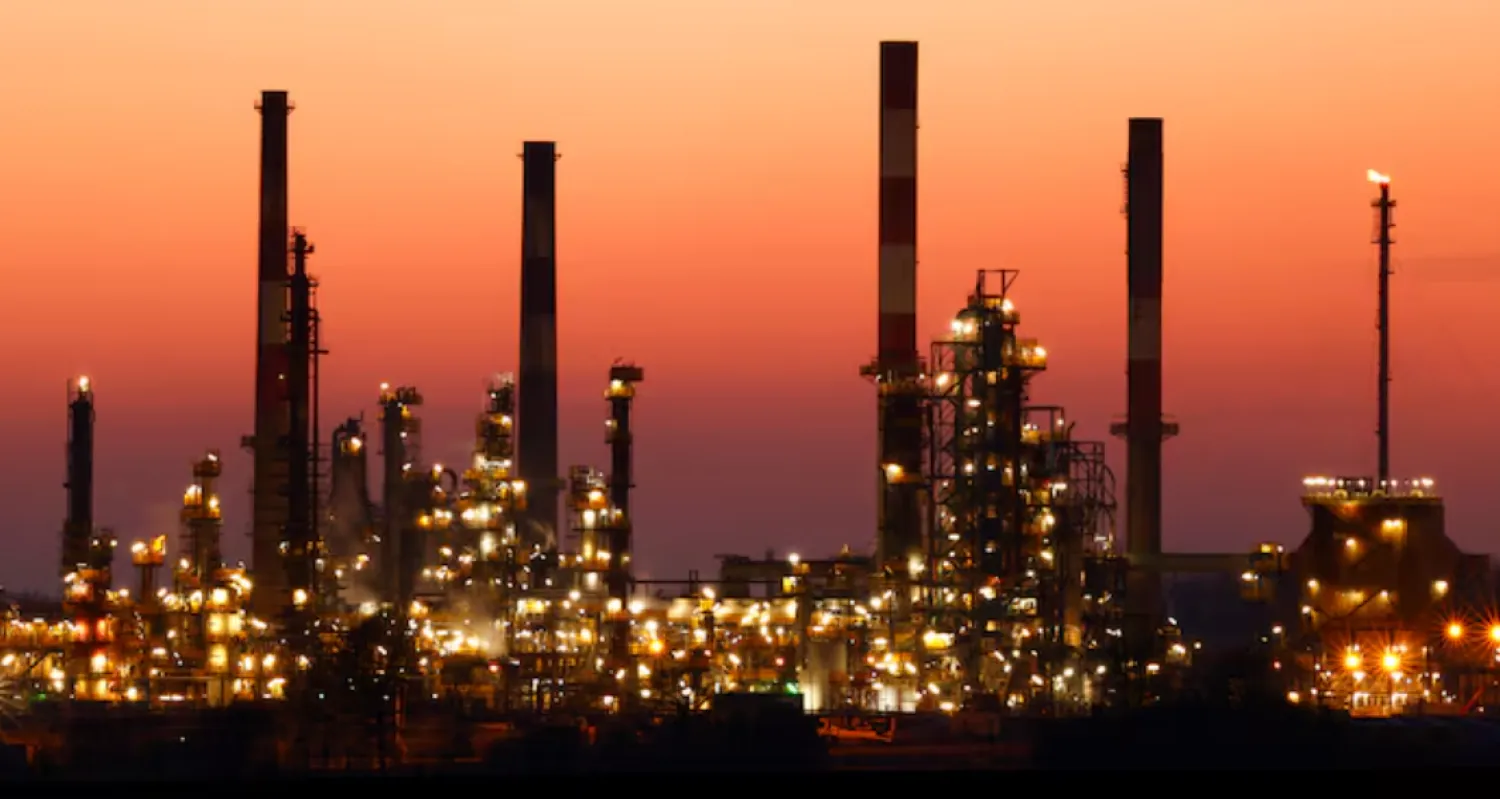US President Donald Trump welcomed Japanese Prime Minister Shigeru Ishiba at the White House on Friday as two allies wary of China's rise work to boost business and security ties while an escalating trade war threatens to rupture the global economy.
"We love Japan!" Trump said as he greeted Ishiba and the two shook hands.
Trump, whose first three weeks in office have shredded norms and shaken foreign capitals from Ottawa to Bogota, has taken a more conventional approach to Washington's longstanding Asia-Pacific allies, including Japan, South Korea, Australia and the Philippines.
But those friendships may be tested as Trump's early fight with China over synthetic opioids and warnings of tariffs against other countries - Japan included - threaten to disrupt commercial relations in Asia and beyond.
A senior Trump administration official told reporters the leaders would discuss military training exercises, increased cooperation on defense equipment and technology, foreign investment and energy.
They will also discuss cybersecurity, space and joint business opportunities in the artificial intelligence and semiconductor sectors, the official said.
"The United States is proud of our long and close alliance with Japan," the official said. "Our two nations will continue to work together to ensure we deter threats in the region through our full range of military capabilities," the official said.
Asked about the US trade deficit with Japan and the threat of tariffs, a second senior Trump administration official said: "We all know that President Trump pays a lot of attention to deficits as an indication of the economic fairness and strength of the relationship so I'm sure discussions will happen about that."
Trump told Republican lawmakers he plans to announce more reciprocal tariffs on foreign imports as early as Friday, two sources familiar with the plans told Reuters.
Trump put a 10% tariff on all imports from China in what he called an "opening salvo" in a clash between the world's two largest economies, sending consumers and businesses scrambling to adjust.
Japan is especially trade-dependent: it is a major exporter and counts on imports for much of its food and natural resources, and many of its firms are deeply invested in and reliant on China.
Tokyo shares the hawkish outlook towards China of Trump's national security team over Beijing's global ambitions and extensive territorial claims in Asia, including the vital chip-producing island of Taiwan.
At the same time, Japanese officials are wary of possible efforts by Beijing to court the US president with promises of cooperation on key global issues, including trade. Trump spoke to Chinese President Xi Jinping days before taking office and has said he will discuss tariffs with him soon.
Japanese officials speaking privately say they are comfortable in dealing with Trump's China hawks, including Secretary of State Marco Rubio and national security Michael Waltz, but less so with those in the administration with strong business ties with Beijing, such as billionaire Elon Musk, who has developed a significant Washington power base.
Trump and Ishiba are due to hold a joint press conference on Friday afternoon.
BRACING FOR TRUMP DEMANDS
For Tokyo, the early White House visit is a promising signal from the new Trump administration.
"There's two foreign heads of state that have been received in the Oval Office," said Rahm Emanuel, Biden's ambassador to Tokyo. "That's Bibi Netanyahu of Israel, and Japan. So that's a good thing, and that's a good sign."
Trump was close with the late Japanese Prime Minister Shinzo Abe but has no relationship with Ishiba, who took office in October. That is something Japanese officials want to change, and they plan to invite Trump to visit Japan.
Japan is girding for Trump to demand concessions to reduce the $56 billion bilateral trade surplus and stave off the threat of tariffs.
Tokyo has been preparing some concessions, officials told Reuters, including considering to buy more LNG from the United States and offering support for a $44 billion gas pipeline in Alaska. SoftBank CEO Masayoshi Son has also promised to invest hundreds of billions in artificial intelligence in the US.
"The Japanese are definitely thinking of ways to both reduce the deficit and create jobs in the United States in industrial sectors that are of particular interest to Donald Trump," said Kenneth Weinstein, head of Japan program at Washington's conservative Hudson Institute think tank.
There are tensions beyond trade, including the attempted takeover of US Steel by Japan's Nippon Steel. Former President Joe Biden blocked this but delayed enforcement pending legal action; Trump has also vowed to block the deal.
However, there are also solid signs of stability and the two leaders are expected to agree language on security issues, including China and Taiwan, according to another official familiar with the discussions.
Discussions are also expected on North Korea, and the Trump official noted that the administration was committed to the complete denuclearization of North Korea, while the President had voiced his openness to engaging with North Korea. Trump did this in his first term, although little came of the effort.









